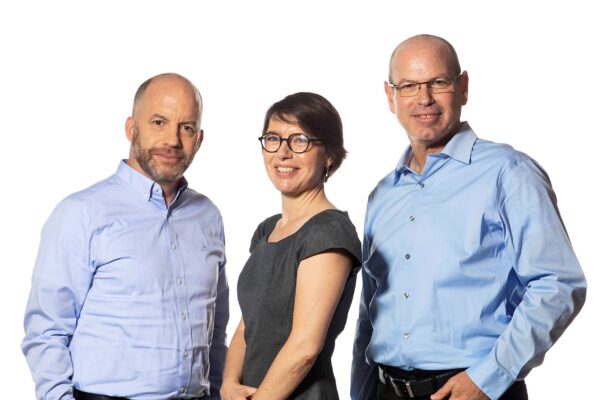The fund’s oversubscribed final closing, underscores the substantial demand for liquidity in the Israeli tech at a time when the public offering market remains substantially closed to emerging tech companies
Israel Secondary Fund (ISF) announces the expansion of its third fund to $350 million. The capital exceeded the initial target of $250 million, bringing ISF’s total assets under management to $500M. This increase highlights the enduring appeal of Israeli tech—even in current business environment—along with rising market demand for liquidity solutions through secondary transactions. ISF is actively deploying capital from the new fund and has already completed eight new investments.
The fund acquires stakes through secondary transactions in private high-tech companies across various sectors, as well as in Israel related venture capital funds. These secondary transactions include purchasing stakes from existing shareholders in startups such as investors, founders, executives, and employees, or buying stakes from limited partners (LPs) in venture capital funds.
ISF concludes its third fund’s fundraising at a time when Israeli tech companies have streamlined operations and refocused on growth and market leadership. Secondary transactions offer investors in high-performing companies a path to realize some or all of their holdings, amid constrained public equity markets, enhancing alignment among various shareholders within the company. Secondary transactions also enable employees to cash out part of their options, providing cash compensation for years of work. Following an initial transaction in a company, ISF remains engaged with portfolio companies. The fund conducts further secondary transactions and participates in follow-on funding rounds in portfolio companies to support their continued growth and development.
Founded in 2008, ISF’s partners are Dror Glass, Nir Linchevski, Eva Hubsman, Shmuel Shilo and a team of 13 professionals. Over the years, the fund has directly and indirectly invested in over 220 companies, realizing approximately 70 exits and public offerings. These include SolarEdge, Waze, MyHeritage, and recently V-Wave, which was sold to Johnson & Johnson in October 2024 for up to $1.7 billion—the largest health-tech acquisition in Israel to date. The new fund has also already realized investments, including the sale of Innplay to Playtika.
ISF’s investments in startups typically range from $1 million to $20 million, while investments in a venture capital fund and portfolio acquisition can reach $50 million or more. Investors in the fund include institutional investors and pension funds, such as Migdal, Altshuler Shaham, Bank Hapoalim, university endowments, and family offices, from Israel, Europe, and the United States.
According to Dror Glass, Managing Partner: “Demand for liquidity in the tech market surged by 112% last year compared to the previous year. Globally, the tech fund market ranks as the second-largest within the private fund sector, driven primarily by investments from large institutional players. There are few secondary funds globally that provide liquidity to the tech market. The Israeli tech fundraising, to funds and companies, over the past decade has reached $150 billion. Since building a tech company takes several years, many shareholders in both companies and funds will face liquidity needs at various stages of the fund or company lifecycle. ISF addresses those needs by providing a diverse and creative range of liquidity solutions for all stakeholders in the Israeli tech eco-system, investing solely with the full cooperation of funds and companies.”
Nir Linchevski adds: “Israeli venture capital funds are at the forefront of global tech investors. Alongside the success of their portfolio companies, they have a critical need to generate liquidity for their limited partner investors. According to Carta’s report, over 60% of funds established in 2019 have yet to return even a single dollar to their investors. Secondary transactions bridge the gap in market liquidity and support the continuous cycle of capital flow—from limited partners to funds, then to startups, and back again.”
Credit: Shai Gabriely



















